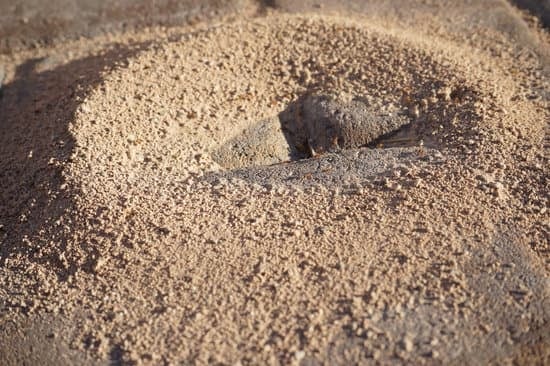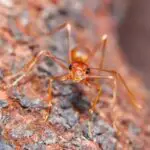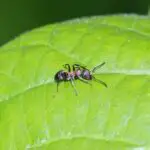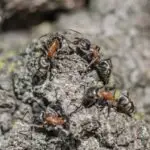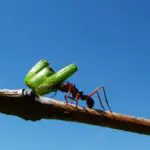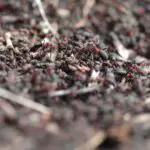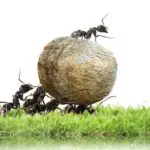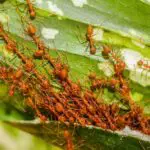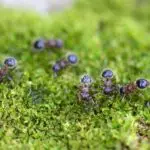How Can Ants Harm Plants?
Depending on the context, ants can be beneficial to plants. They may help to spread nutrients, protect plants from predators, and aerate the soil. However, they can also be a pest and cause damage.
These insects eat sugary juices and sap from plants. They can also cause stunted growth and death. The damage caused by these insects can be significant in a short period of time.
Some species of ants are natural predators of pest insects. However, other species of ants are more aggressive. They are more likely to attack plants than the beneficial insects. Using insecticides and other chemical treatments can help to control ants.
Chemical ant killers only work by killing the whole colony. In addition, they are toxic to humans and fish. Ant baits are a more effective and safer way to control ants. They are available in a stick form. They contain active ingredients such as boric acid, avermectin B, and fipronil. They also act as a slow-acting insecticide.
In addition, ants may cause damage to plants by excavating soil around their nests. This can cause the roots of plants to dry out, making them more susceptible to diseases.
One way to control ants is to remove mature fruit and flowers from your potted plants. These can be a great source of food for ants. However, they may also be a source of food for predators.
If you have a persistent ant problem, check the potting mix to ensure that there are no moisture problems. Larger potted plants should be watered at least twice as often as a small plant.
